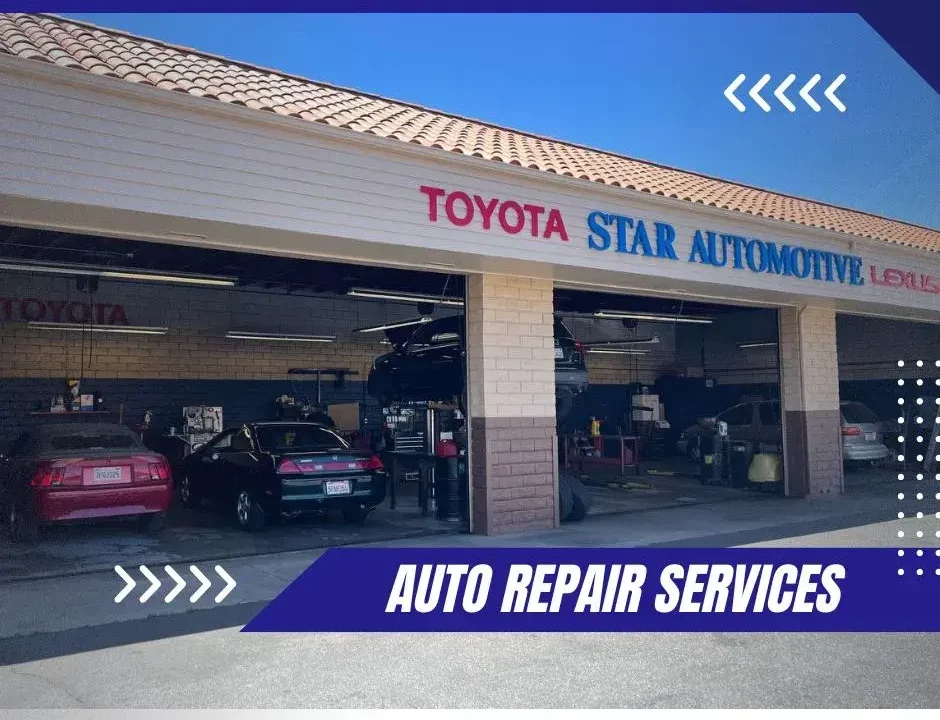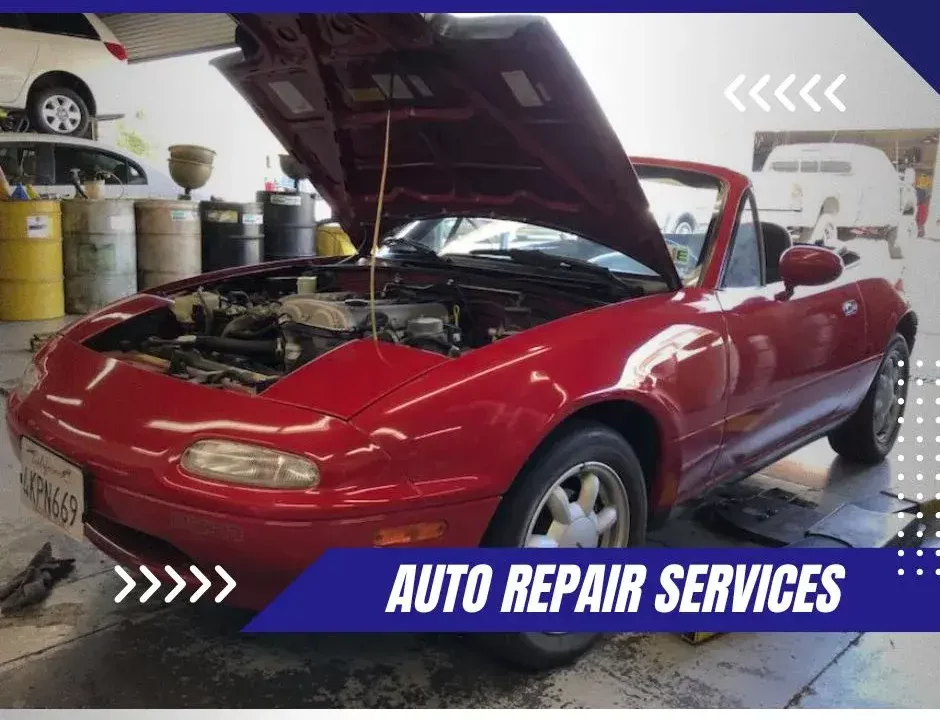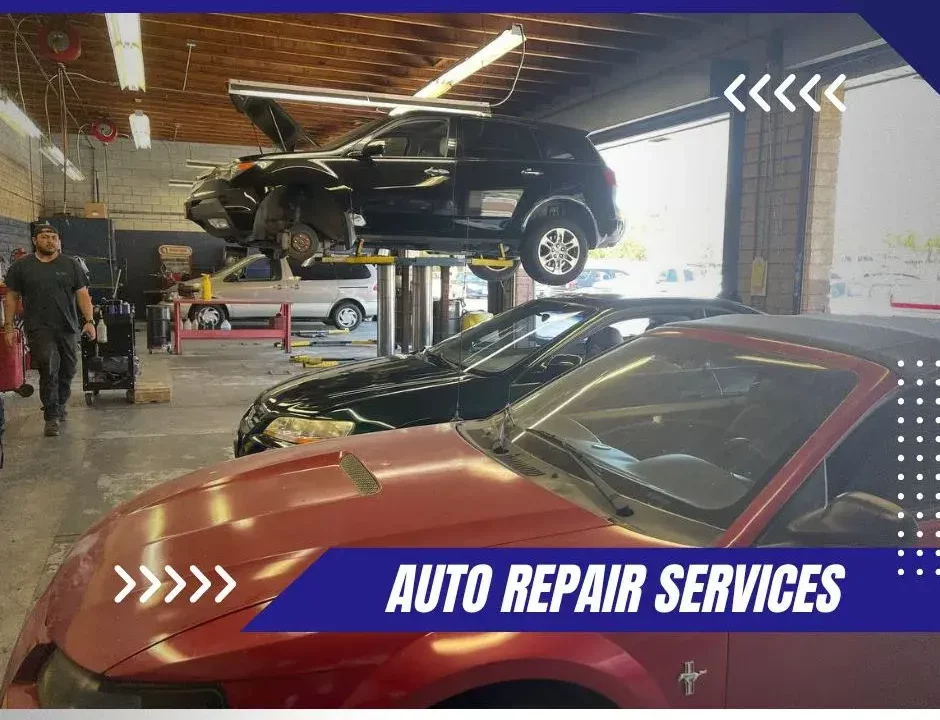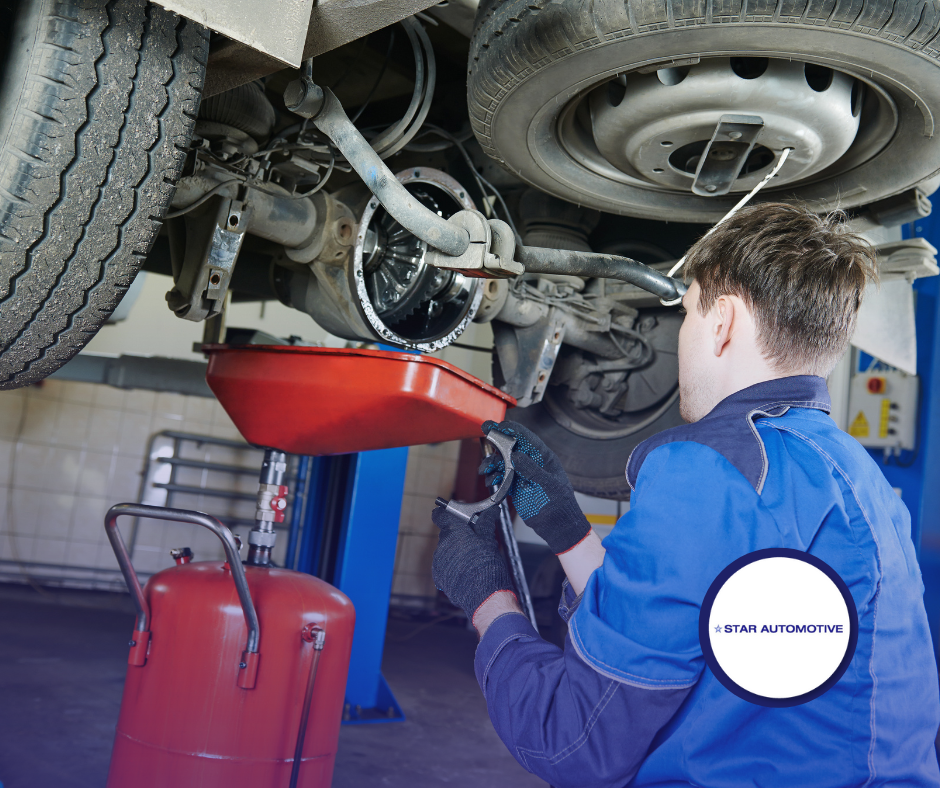
Preventive Engine Care: Routine Maintenance to Avoid Costly Repairs
January 9, 2024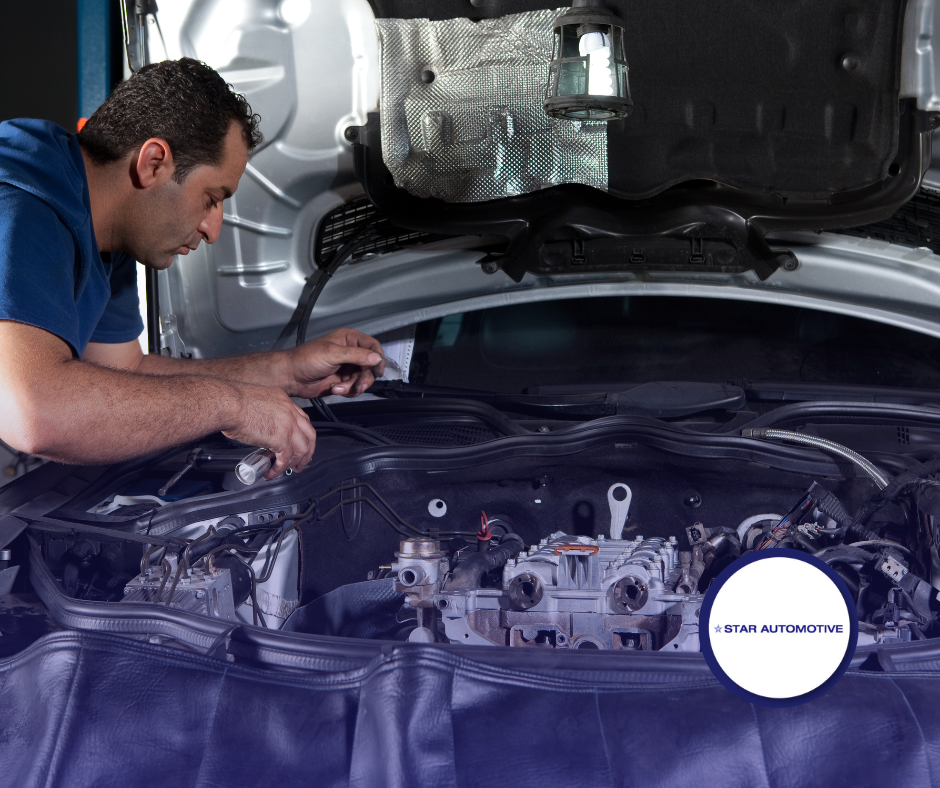
Engine Overhaul 101: Step-by-Step Guide for At-Home Mechanics
January 9, 2024Welcome to ‘Understanding Your Car’s Engine: A Beginner’s Guide to Repair and Maintenance’. This guide is designed to empower you with the technical knowledge required to comprehend the nuances of your car’s engine, the heart of any vehicle.
We will dissect the complexities of various engine components, their functions and interdependencies, and delve into essential maintenance routines and common repair procedures.
This guide aims not only to demystify the intricate realm of automotive engines for beginners, but also to foster a sense of belonging among automotive enthusiasts.
The journey towards mastering your vehicle starts here, where we believe everyone has the capacity to become proficient in car maintenance and auto repair.
Basic Engine Components Explained
In the realm of automotive engineering, understanding basic engine components serves as a pivotal first step towards effective car maintenance and repair.
The engine block, also known as the cylinder block, forms the foundational structure of the engine. It houses several vital components including the cylinders, pistons, and spark plugs.
The combustion chamber is contained within the cylinders, where fuel and air mix to generate power. The pistons, reciprocating within these cylinders, convert this combustion energy into mechanical motion. The spark plugs initiate the combustion process by igniting the fuel-air mixture.
Grasping these elements is essential to comprehend the engine’s operation and diagnose potential malfunctions. Such knowledge empowers car owners, fostering a sense of belonging within the automotive community.
Essential Maintenance and Repairs
Regular engine maintenance and timely repairs significantly enhance your vehicle’s performance and extend its lifespan. The key to maintaining your car engine involves paying attention to four essential areas:
1. Oil changes: Regularly replace engine oil to keep internal components lubricated and functioning smoothly. Consult the owner’s manual to find the recommended oil change frequency for your vehicle.
2. Filter replacements: Both air and oil filters play a crucial role in preventing impurities from entering the engine. Replace them periodically to ensure optimal engine performance.
3. Coolant checks: Keep an eye on coolant levels and refill as necessary, as overheating can cause significant engine damage.
4. Scheduled inspections: Regular professional inspections help identify potential issues early, making auto repairs more manageable and less costly.


